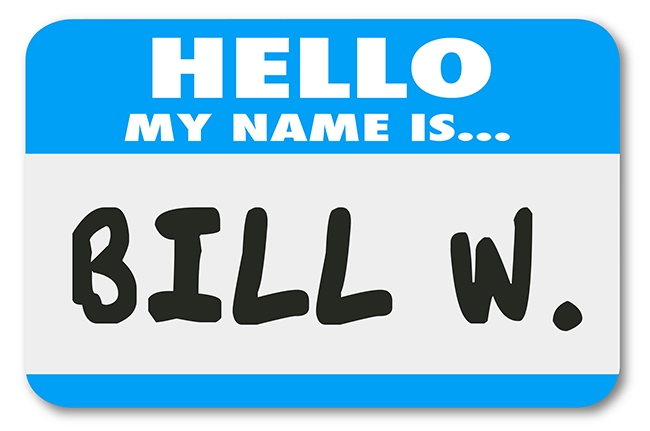You may have heard the words ‘name-blind recruitment’ recently - in the news and as the burning subject on numerous discussion boards.
Reports show a number of minority candidates feel they’d only get a response from employers if they removed their names from their CVs and applications forms.
One careers adviser suggested to a black candidate that they use their middle name of ‘Elizabeth’, to sway any preconceptions from the hiring panel. Similar stories tell of applicants being encouraged to omit details of hobbies or interests with ethnic connotations.
The findings of a French study showed that candidates with a ‘foreign-sounding name’ were less likely to be invited for interview than those with more traditional monikers.
Bias isn’t just resigned to ethnicity: a study carried out in the US involved laboratory managers receiving random CVs bearing male and female names; automatically, the males were considered to be ‘more competent and hireable’.
David Cameron has encouraged some of the UK’s biggest employers to accept CVs on a name-blind basis. Applications to the NHS, HSBC, Deloitte, the BBC, Teach First, Virgin Money, KPMG, learndirect and the civil service will, from now on, have the names of the candidates hidden, to ensure no stereotyping. Ucas will also use the same approach on university applications from 2017.
Said David Sproul, senior partner and chief executive of Deloitte: “The introduction of name-blind recruitment processes, and school and university-blind interviews, will help prevent unconscious bias and ensure that job offers are made on the basis of potential - not ethnicity, gender or past personal circumstance.”
Beatrice Bartlay, from recruitment firm 2B Interface adds: “With some women and minority groups still facing discrimination in many professional environments, employers need to maintain their focus on skills above backgrounds during the hiring process. I welcome the approach to finding talent, because not only does it offer complete transparency for the candidate, it encourages the employer to look a little closer at CVs.”
What do you think? Would you favour Jane over Jameela? Or show preference to Kevin over Kamal? Name-blindness, although it is unlikely to eradicate all kinds of prejudice, is at least one step in the right direction.

